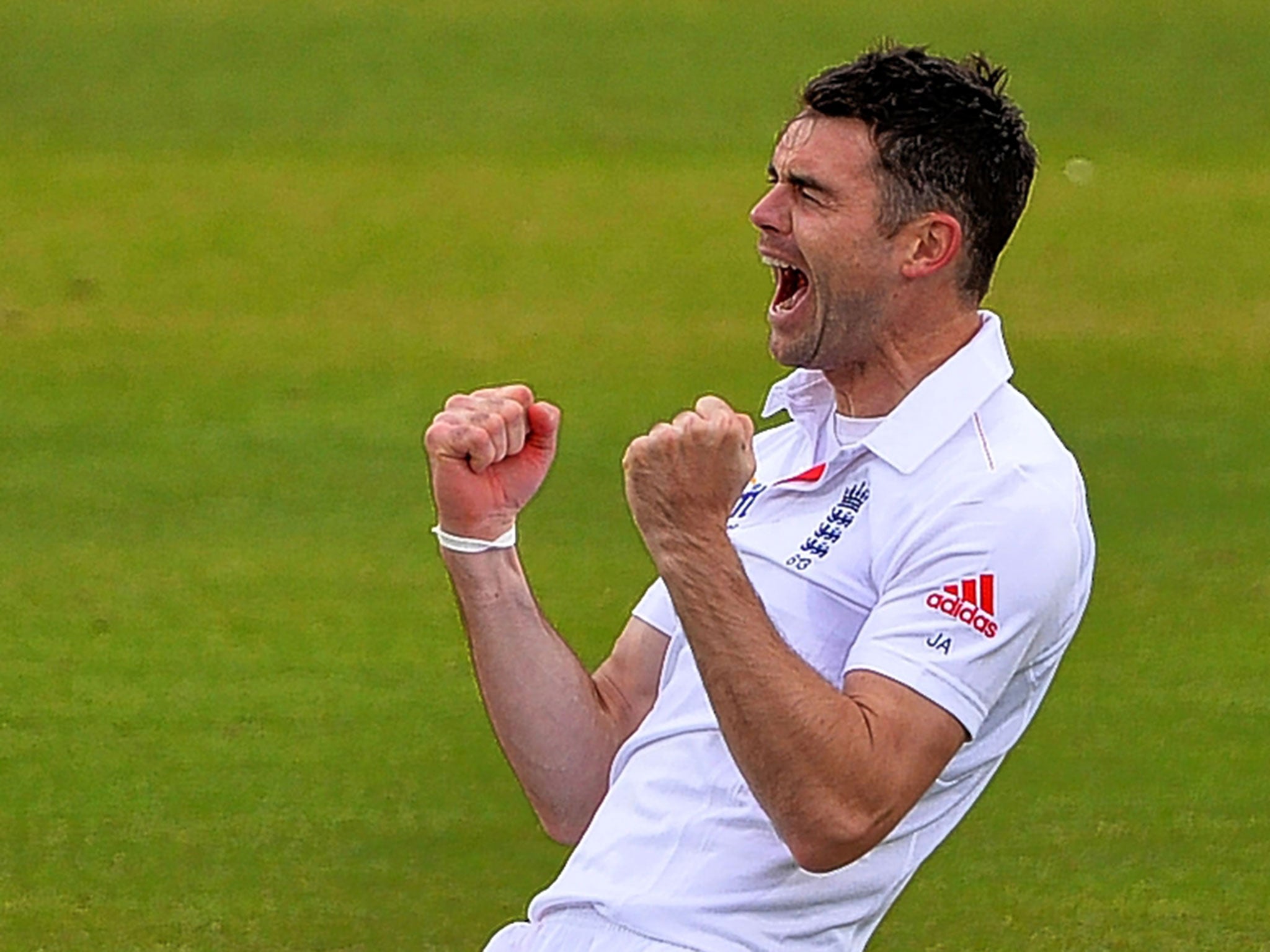England face a year of grinding for glory
Any logical assessment must conclude England have no realistic hope of winning the World Cup

Your support helps us to tell the story
From reproductive rights to climate change to Big Tech, The Independent is on the ground when the story is developing. Whether it's investigating the financials of Elon Musk's pro-Trump PAC or producing our latest documentary, 'The A Word', which shines a light on the American women fighting for reproductive rights, we know how important it is to parse out the facts from the messaging.
At such a critical moment in US history, we need reporters on the ground. Your donation allows us to keep sending journalists to speak to both sides of the story.
The Independent is trusted by Americans across the entire political spectrum. And unlike many other quality news outlets, we choose not to lock Americans out of our reporting and analysis with paywalls. We believe quality journalism should be available to everyone, paid for by those who can afford it.
Your support makes all the difference.This is a tranquil interlude for English cricket. There are no matches, no sackings (though you can never be entirely sure where they are concerned), no drama. Here is a brief period where reflection and anticipation can be gently intermingled. It will not last.
England embark next week on a gruelling schedule which will offer the opportunity for lasting glory but which will claim victims as well as producing heroes. They will start in Australia with a triangular series which acts as a precursor to the World Cup.
As soon as that is finished they begin a relentless Test programme which embraces series in four regions, including the third contest for the Ashes in two years. Between April next year and the end of January 2016, England will have played 17 Test matches, against West Indies in the Caribbean, New Zealand and Australia at home, Pakistan in the UAE and South Africa away.
Those engagements are studded with one-day and Twenty20 matches. The only certainty is that no player will appear in all these fixtures, and it is extremely doubtful whether any will feature in all matches in a particular format. Perhaps someone – Alastair Cook or Ian Bell, Jos Buttler or Moeen Ali, Joe Root or Chris Woakes – may make all the Test matches, but if they do their appetite may well be sated forever.
The 11th World Cup, in Australia and New Zealand, is concentrating minds at present. England have performed poorly in the past five tournaments (to say they have under-achieved would be wrong, as they have probably achieved exactly what they deserved) since reaching the final for the fourth time in 1991.
To counteract the perennial sense that the limited-overs game is a necessary rather than welcome presence, like a contrary old uncle on Boxing Day, England have cleared the decks for it in the past few months. The idea is that come the World Cup on 14 February, when they play Australia in Melbourne, the players’ instincts will be fully honed.
This preparatory period has led to the removal as one-day captain and player of Cook. If it was the correct decision, it also came so late in the day that it smacked of desperation, if not panic. Cook has been replaced by Eoin Morgan, a refreshingly candid leader, who happens himself to be in a wretched run of form. The selectors’ faith that the captaincy will bring out the best in him is based on nothing so much as the sort of thing that has to be said when making such a decision.
Any logical assessment must conclude that England have no realistic hope of winning the World Cup. They should survive the group stage, after which, with two matches to the final, anything can happen but probably will not. Paul Downton, the managing director of England cricket, is sincere in his desire to alter England’s grudging treat-ment of the short-form formats. But that will involve not only changing the view of the majority of the serious cricket-watching public but also of the players, for whom Test cricket remains the zenith.
Yet if Ali and Alex Hales can make the most of their relative anonymity on the world one-day stage, if Morgan and Buttler can launch enough explosive finishes, if the return of Jimmy Anderson and Stuart Broad can offer a measure of control with the ball at the start and finish of innings, all may not be quite lost.
The Ashes will dominate the summer, though it is to be hoped that familiarity has not diminished the allure. The reason for the recent excess is that administrators sought to break the old cycle of a World Cup always following an Ashes series. Somehow, they have instead replaced this with a schedule where an Ashes series will always follow a World Cup, which is a similar nonsense. Australia will start as favourites, but much can happen. Before then, England should deal comfortably with West Indies. There then follows a potentially much trickier assignment at home against New Zealand, who have become a well-drilled unit in all forms of the game.
The intention is that Cook will continue to lead England in Tests. He could do with a durable opening partner. Auditions for the role are being conducted on the Lions tour of South Africa in February, with incumbent Sam Robson, the chief rival, Adam Lyth and the classy young pretender, James Vince, all competing. Vince may be the answer.
England’s most important task will be to keep their bowlers, especially Anderson, fit through careful rest and rotation. All England can hope in this year of endless summer is that the heroes outnumber the victims.
Join our commenting forum
Join thought-provoking conversations, follow other Independent readers and see their replies
Comments